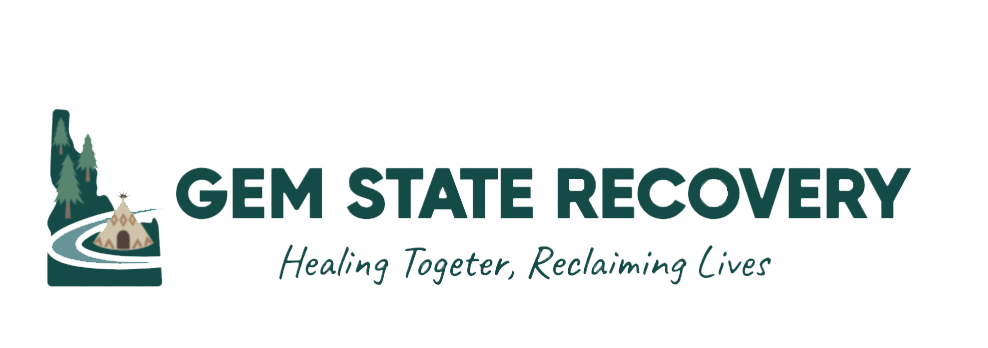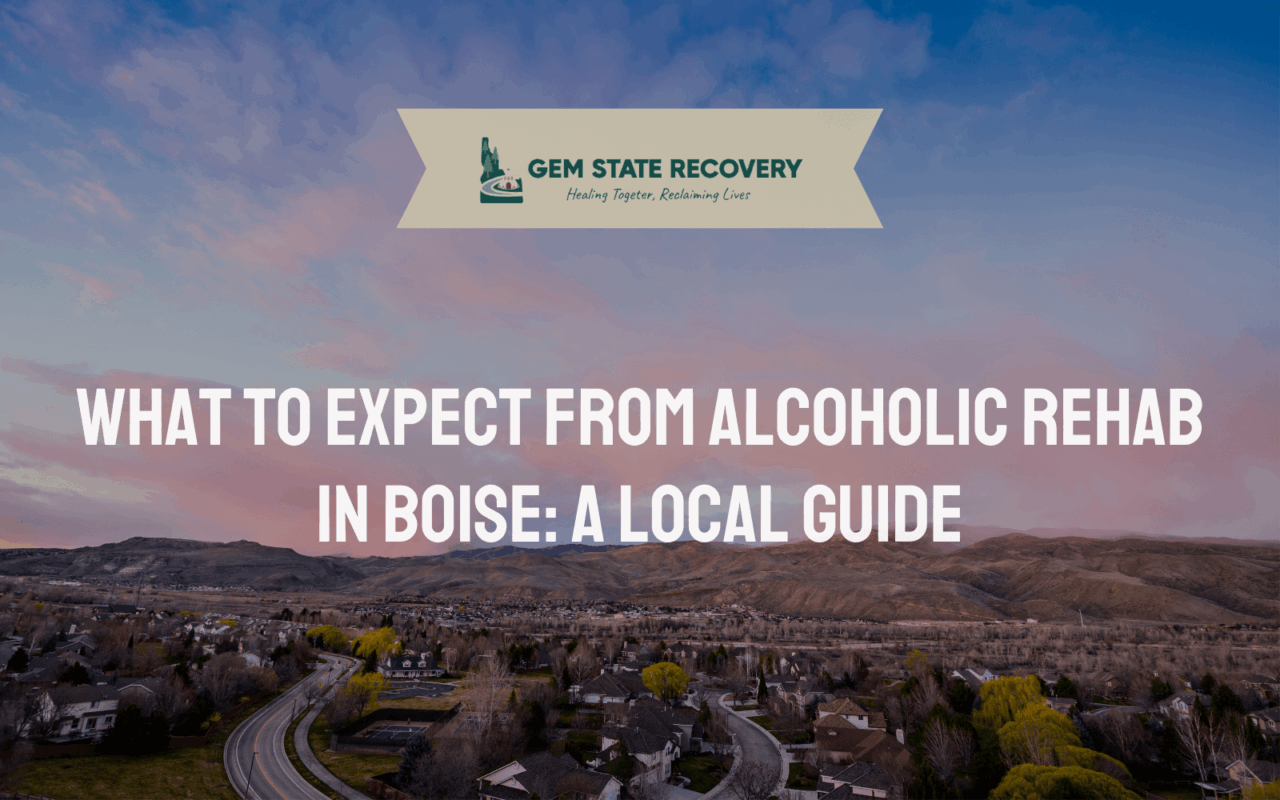Recovery from alcoholism is a challenging but deeply rewarding journey that requires comprehensive care, professional support, and the right treatment environment. For residents of Idaho’s capital city, finding quality alcoholic rehab in Boise means accessing evidence-based treatment programs designed to address the complex nature of alcohol use disorders. Understanding what to expect from local rehabilitation services can help individuals and families make informed decisions about treatment options and begin the path toward lasting recovery. Boise’s treatment landscape offers a range of specialized programs that recognize alcoholism as a chronic medical condition requiring professional intervention.
Whether you’re seeking help for yourself or a loved one, alcoholic rehab in Boise provides multiple levels of care designed to meet individuals wherever they are in their recovery journey. From initial intervention to long-term relapse prevention, local facilities offer comprehensive services that address both the physical and psychological aspects of alcohol addiction.
Understanding the Local Treatment Landscape
The treatment ecosystem for alcoholic rehab in Boise encompasses various specialized facilities, from medical detoxification centers to residential treatment programs and outpatient services. Local providers understand the unique challenges faced by Idaho residents, including geographic isolation, seasonal affective patterns, and rural community dynamics that can impact recovery. Many facilities offer sliding scale payment options and work with regional insurance providers to ensure accessibility for diverse populations.
Boise’s treatment centers typically maintain strong connections with local healthcare systems, mental health providers, and community support organizations. This integrated approach ensures that individuals receiving alcoholic rehab in Boise benefit from coordinated care that extends beyond the treatment facility itself. Many programs also incorporate family involvement and community-based recovery resources that reflect the values and culture of the Mountain West region.
Intervention Assistance: The First Step Toward Recovery
Professional intervention services available through alcoholic rehab in Boise provide families and friends with structured approaches to help loved ones recognize the need for treatment. These services recognize that many individuals struggling with alcoholism may not initially acknowledge the severity of their condition or express willingness to seek help. Key components of intervention assistance include:
Professional facilitation by trained interventionists who guide family members through the process of planning and conducting effective interventions
Education about addiction to help family members understand alcoholism as a disease rather than a moral failing or lack of willpower
Communication strategies that focus on expressing love and concern while establishing clear boundaries and consequences
Resource coordination to ensure immediate access to treatment options when the individual agrees to seek help
Follow-up support for families navigating the emotional challenges of watching a loved one enter treatment
These intervention services help families approach their loved ones with compassion while maintaining firm boundaries about unacceptable behaviors. Professional interventionists work with families to identify specific incidents and consequences related to alcohol use, helping create a clear picture of how addiction has impacted everyone involved.
Comprehensive Detoxification Programs
Medical detoxification represents a critical first phase of alcoholic rehab in Boise, providing safe, supervised withdrawal from alcohol under professional medical care. Alcohol withdrawal can produce serious medical complications, including seizures, delirium tremens, and cardiovascular instability, making professional supervision essential for safety and comfort. Boise detox programs typically offer:
24/7 medical monitoring by healthcare professionals trained in addiction medicine and withdrawal management
Medication-assisted treatment to manage withdrawal symptoms and reduce cravings using FDA-approved medications
Nutritional support to address malnutrition and vitamin deficiencies commonly associated with chronic alcohol use
Psychological stabilization through counseling and emotional support during the vulnerable withdrawal period
Transition planning to ensure seamless movement into continuing treatment programs
The duration of detoxification varies based on individual factors such as length and severity of alcohol use, overall health status, and presence of co-occurring medical or mental health conditions. Most individuals complete detox within 5-7 days, though some may require longer stabilization periods.
Partial Hospitalization and Residential Treatment Options
Alcoholic rehab in Boise offers both partial hospitalization programs (PHP) and residential treatment options to provide intensive care while allowing different levels of flexibility. These programs represent the most comprehensive treatment approaches available, providing structured environments where individuals can focus entirely on recovery without outside distractions or triggers. Residential treatment programs feature:
Immersive treatment environments that remove individuals from triggers and enable complete focus on recovery
Comprehensive assessments to identify underlying mental health conditions, trauma history, and individual treatment needs
Structured daily schedules incorporating multiple therapeutic modalities, educational sessions, and recreational activities
Peer support communities where individuals connect with others facing similar challenges and recovery goals
Family programming that helps repair relationships and establish healthy communication patterns
Partial hospitalization programs offer similar intensive services while allowing individuals to return home each evening, making them ideal for those with significant family or work responsibilities who cannot commit to residential care.
Flexible Inpatient and Outpatient Programming
The spectrum of alcoholic rehab in Boise includes both inpatient and outpatient options designed to accommodate different life circumstances and treatment needs. This flexibility ensures that individuals can access appropriate care regardless of their employment status, family obligations, or financial constraints. Inpatient programs provide:
Round-the-clock supervision and support during the most vulnerable early stages of recovery
Intensive therapeutic programming with multiple individual and group sessions daily
Medical management of withdrawal symptoms and any co-occurring health conditions
Structured environment that eliminates access to alcohol and other substances
Comprehensive discharge planning to ensure successful transition to continuing care
Outpatient services offer:
Scheduling flexibility that allows individuals to maintain work and family commitments
Graduated intensity levels from intensive outpatient to weekly maintenance sessions • Community-based recovery that helps individuals practice new skills in real-world environments
Long-term support that can continue for months or years as needed
Cost-effective treatment that may be more accessible for those with limited resources

Evidence-Based Therapeutic Approaches
Modern alcoholic rehab in Boise incorporates multiple evidence-based therapeutic modalities proven effective in treating alcohol use disorders. These approaches address the complex psychological, emotional, and behavioral aspects of addiction while building practical skills for maintaining sobriety.
Cognitive Behavioral Therapy (CBT)
forms a cornerstone of addiction treatment by helping individuals:
Identify triggers and high-risk situations that may lead to alcohol use
Develop coping strategies for managing stress, anxiety, and other emotional challenges without alcohol
Challenge negative thought patterns that contribute to addictive behaviors and low self-esteem
Build problem-solving skills for navigating life challenges without resorting to substance use
Establish healthy routines and lifestyle changes that support long-term recovery
Dialectical Behavior Therapy (DBT)
offers specialized skills training particularly beneficial for individuals with co-occurring mental health conditions:
Emotional regulation techniques to manage intense feelings without using alcohol as a coping mechanism
Distress tolerance skills for surviving crisis situations without engaging in destructive behaviors
Interpersonal effectiveness training to improve relationships and communication patterns
Mindfulness practices that increase self-awareness and present-moment focus
Reality acceptance strategies for dealing with situations that cannot be changed
Eye Movement Desensitization and Reprocessing (EMDR)
addresses trauma that often underlies alcohol use disorders:
Trauma processing to resolve underlying psychological wounds that may drive alcohol use
Memory desensitization to reduce the emotional impact of traumatic experiences
Cognitive restructuring around trauma-related beliefs and self-perceptions
Symptom reduction for PTSD and other trauma-related mental health conditions
Integrated healing that addresses both addiction and trauma simultaneously
Individual and Group Therapy Components
Alcoholic rehab in Boise emphasizes both individual and group therapeutic experiences, recognizing that different formats address various aspects of recovery. This multi-modal approach ensures comprehensive treatment that addresses personal issues while building community connections essential for long-term success. Individual therapy provides:
Personalized treatment planning based on specific needs, history, and recovery goals
Privacy and confidentiality for exploring sensitive personal issues and trauma history
Focused attention on individual psychological factors contributing to alcohol use
Customized interventions tailored to learning style, personality, and preferences
Therapeutic relationship that serves as a model for healthy interpersonal connections
Group therapy offers:
Peer support networks with others who understand the challenges of alcohol addiction
Shared experiences that reduce isolation and shame commonly associated with addiction
Accountability partnerships that encourage honesty and commitment to recovery goals
Social skills practice in a supportive environment with immediate feedback
Diverse perspectives on recovery strategies and coping mechanisms
Comprehensive Relapse Prevention Strategies
Sustainable recovery requires robust relapse prevention planning that addresses the ongoing nature of alcohol use disorders. Alcoholic rehab in Boise emphasizes comprehensive prevention strategies that prepare individuals for the challenges and triggers they’ll encounter after completing formal treatment. Effective relapse prevention includes:
Trigger identification through detailed analysis of situations, emotions, and circumstances that historically led to alcohol use
Coping skills development including both cognitive strategies and behavioral techniques for managing cravings and urges
Support network building to ensure ongoing connection with recovery-focused relationships and communities
Lifestyle modifications that eliminate or minimize exposure to high-risk situations and environments
Emergency planning with specific steps to take when experiencing strong urges to drink or when facing crisis situations
Recovery planning also addresses practical considerations such as employment, housing, healthcare, and legal issues that may impact long-term success. Many programs help individuals develop detailed written relapse prevention plans that serve as roadmaps for navigating early recovery challenges.
Ongoing Mentoring and Support Programs
Long-term success in recovery often depends on continued connection with treatment communities and ongoing support relationships. Alcoholic rehab in Boise frequently includes mentoring programs that pair individuals in early recovery with those who have achieved stable, long-term sobriety. Mentoring programs typically provide:
Experienced guidance from individuals who have successfully navigated similar recovery challenges
Regular check-ins and accountability that extend beyond formal treatment completion
Practical advice about managing work, relationships, and daily life challenges in recovery
Crisis support when individuals face difficult situations that might threaten their sobriety
Community connections that help build lasting recovery-focused social networks
These relationships often evolve into lasting friendships that provide mutual support and accountability. Many individuals who benefit from mentoring eventually become mentors themselves, creating a cycle of support that strengthens the entire recovery community.
Insurance and Financial Considerations
Accessing alcoholic rehab in Boise becomes more manageable when individuals understand their insurance benefits and available financial assistance options. Most major insurance providers, including Blue Cross Blue Shield of Idaho, SelectHealth, and PacificSource, offer coverage for substance abuse treatment as an essential health benefit under the Affordable Care Act. Local treatment facilities typically provide:
Insurance verification services to determine specific coverage levels and out-of-pocket costs before treatment begins
Financial counseling to explore payment plans, sliding scale fees, and scholarship opportunities for those with limited resources
State funding assistance through Idaho’s Department of Health and Welfare for qualifying individuals
Employee assistance programs that may provide additional coverage through workplace benefits
Flexible payment arrangements to make treatment accessible regardless of immediate financial circumstances
Many facilities also accept Medicaid and work with individuals to access state-funded treatment options. The investment in professional treatment often proves cost-effective compared to the ongoing financial consequences of untreated alcoholism, including legal fees, medical expenses, and lost employment opportunities.
Conclusion
Choosing alcoholic rehab in Boise represents a courageous decision that opens the door to transformative life changes. The comprehensive services available locally provide multiple pathways to recovery, ensuring that individuals can find treatment approaches that align with their specific needs, circumstances, and goals. The journey toward recovery begins with a single phone call or online inquiry to a local treatment facility. Most programs offer confidential assessments that help determine the most appropriate level of care and treatment approach. These initial consultations provide opportunities to ask questions, tour facilities, and begin building relationships with treatment professionals who will guide the recovery process.
Recovery from alcoholism is possible with proper support, evidence-based treatment, and ongoing commitment to growth and healing. The treatment community in Boise offers hope, practical tools, and lasting connections that can support individuals and families throughout their recovery journey. Don’t wait any longer and reach out to us today for assistance by calling 1 (208) 314-3107 or visiting our website. Taking that first step toward treatment begins a process that can restore health, repair relationships, and rebuild lives affected by alcohol addiction.





